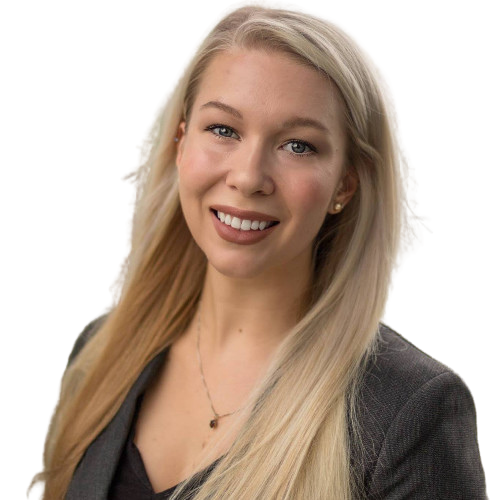Lab Members
Dr. Larry R. Martinez
Larry is an associate professor in the Department of Psychology at Portland State University and the Principal Investigator of the DASH Lab and Martinez Organizational Consulting, LLC. He earned his PhD from Rice University in 2012 and has more than 60 publications, more than 130 conference presentations, and is the recipient of two National Science Foundation grants. He has won several research awards, serves on the editorial boards for several journals, and actively works with organizational and community partners to conduct research and improve organizational functioning. See his CV here.
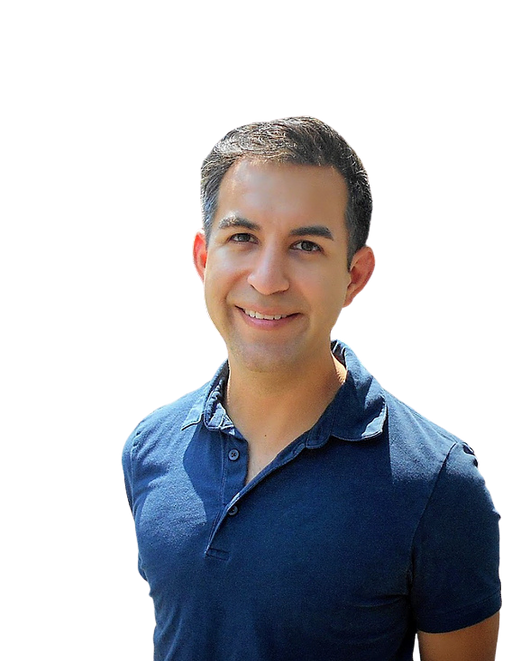
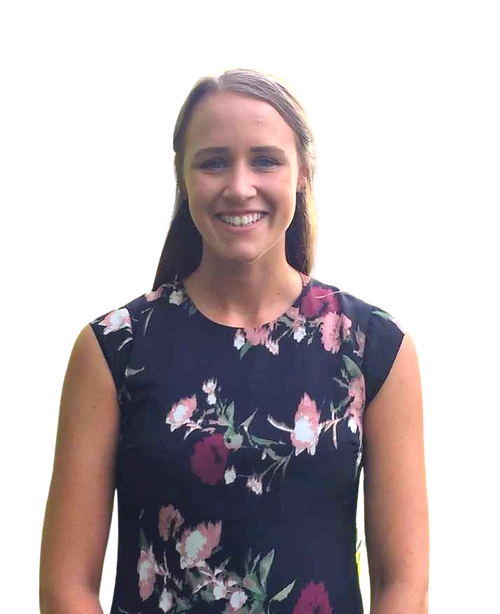
Meg Snoeyink, M.S., ABD
Meg is a fifth year Ph.D. student in the Industrial and Organizational Psychology program at Portland State University. Meg completed her master's degree in 2021 with a project investigating positive outcomes of diverse and liminal identities. Meg's specific research interests are concerned with the intersection of diversity and health in the workplace, with a specific focus on historically marginalized and low income groups. After graduation, Meg plans to find an applied job that uses research principles to advocate for employee helath and well-being.
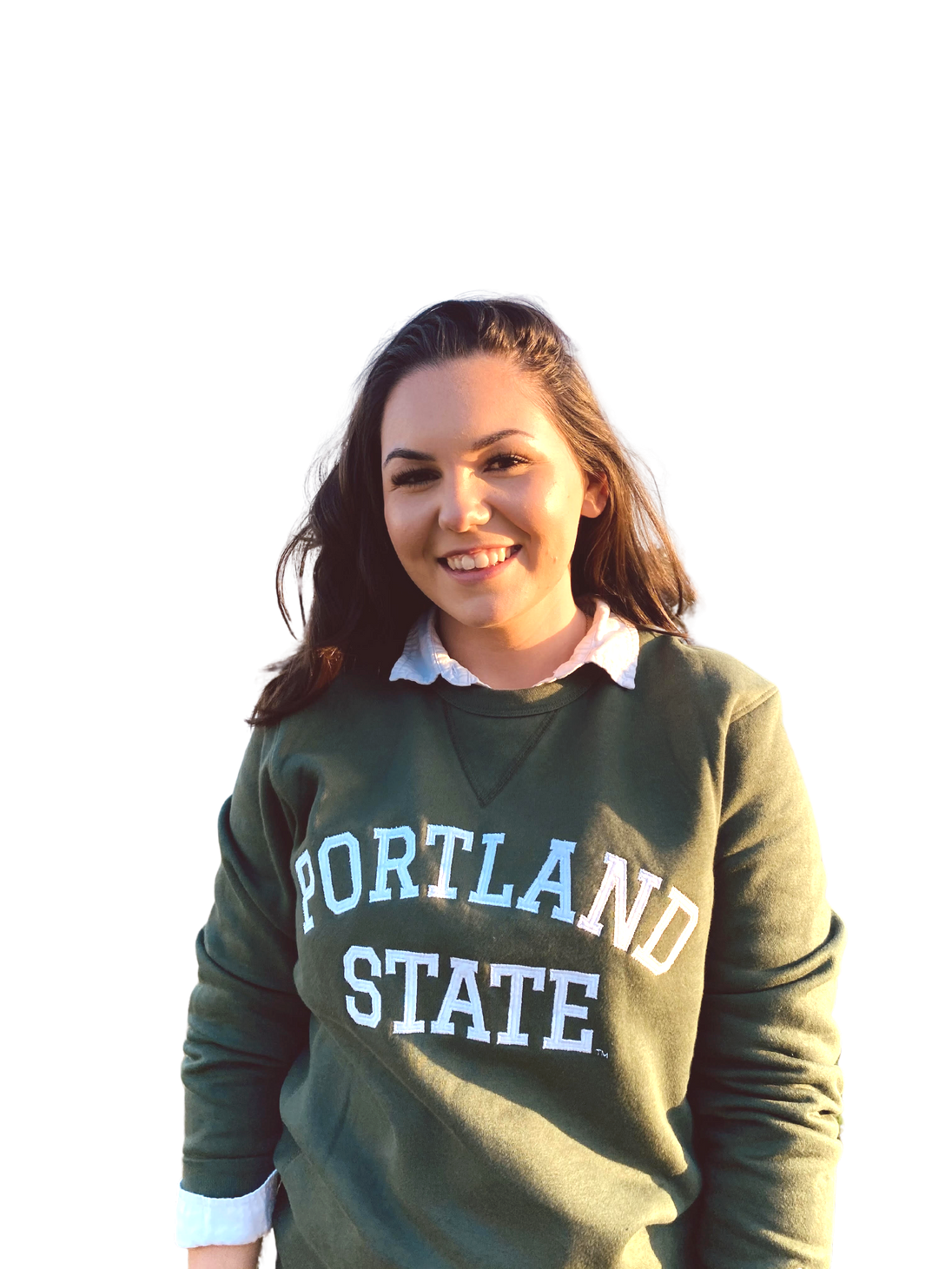
Emily Ready
Emily is a second year PhD student in the Applied I/O Psychology program. Emily has been a member of the DASH Lab and advised by Dr. Larry Martinez since 2021. Emily's research focuses on diversity, equity, inclusion, and allyship in the workplace. Specifically, she is interested in researching workplace discrimination and health outcomes for employees with marginalized identities using an intersectional lens. She focuses on historically underrepresented populations within research in relation to different organizational outcomes (e.g., work recovery for low SES BIPOC employees). Emily plans to work as a consultant after receiving her PhD and continuing to advocate for marginalized workers in an applied setting.
Frances E.K Hampton
Frances is a first-generation nontraditional urban scholar and activist with a multicultural ethnic background. She is in her 2nd year of the Applied I-O Psychology Ph.D. Program at Portland State University, and has been a member of the D.A.S.H Lab since the Fall of 2021.
Diversity, equity, inclusion, and justice (DEIJ) guides her research interests in underrepresented employees. Specifically, her thesis project aims to understand the interaction between stereotype threat experienced by Black fathers and workplace outcomes.
After receiving her Ph.D., she plans to own a consulting firm that focuses on advancing the effectiveness of DEIJ efforts in the workplace.
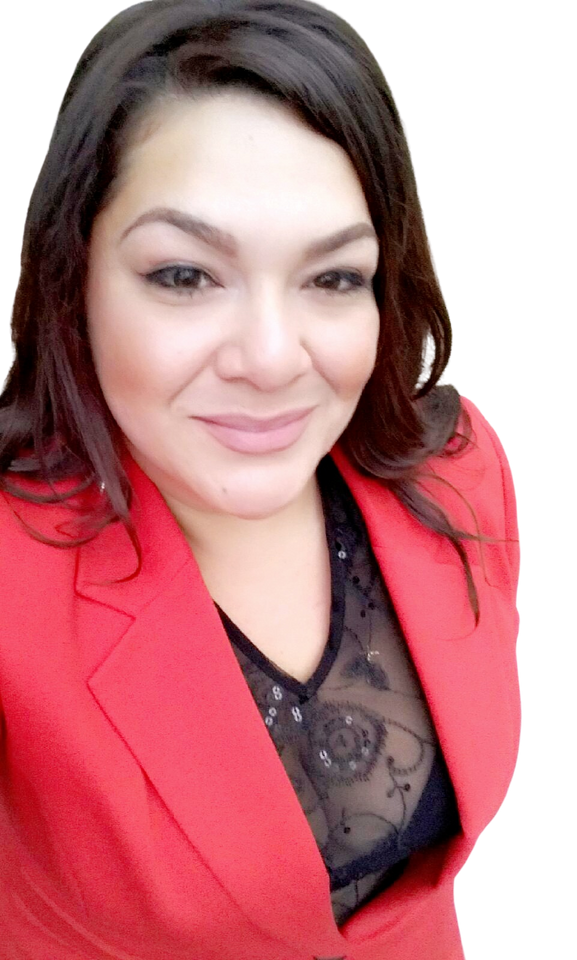
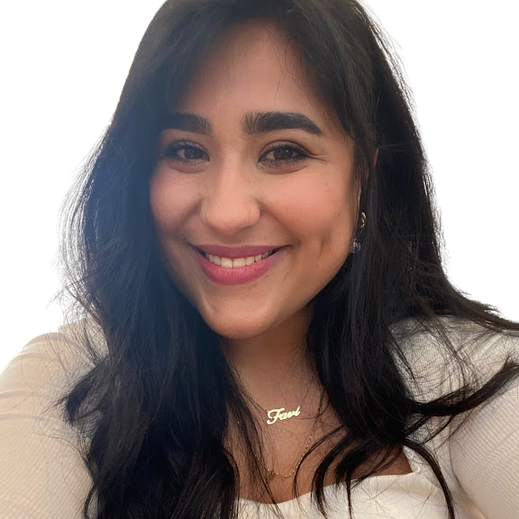
Faviola Robles Saenz
Faviola is a second year Ph.D. student in Applied Psychology with a focus in Industrial-Organizational Psychology at Portland State University. As a first generation, immigrant daughter, and woman of color it is especially important for her to work with underserved and marginalized populations. She is interested in examining the experiences of work-family, health, and safety among BIPOC, immigrant, low-income workers and those in precarious work. Through her research, she aims to uplift and empower these workers. Faviola plans to pursue an academic career as a faculty member at a research university.
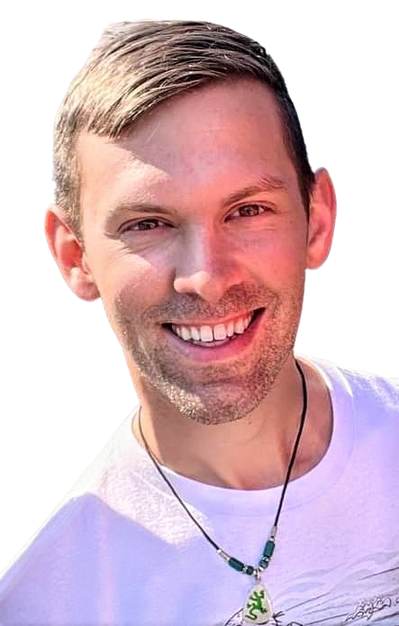
Aaron Dodds
Aaron is the lab manager for the DASH lab, ensuring that our operations run smoothly and efficiently. He has a degree in applied management from Grand Canyon University. He is new to psychological research, but excited to contribute to the lab's functioning while learning more about how psychological research is done
Lab News
06 FEB 2023
Liana, Lauren, Larry, and Kay Kulason's study on the impact of cosmetic usage in hiring contexts was published in Equality, Diversity, and Inclusion. This study uses real-life encounters with store personnel and finds that women who don't wear cosmetics receive fewer callbacks.
15 DEC 2022
Rachel Goodman, Meg, and Larry's study on sexual behavior as a form of work recovery was published in the Journal of Sex Research. This is the first study to conceptualize sex as a work recovery mechanism and is novel for its inclusion of both partnered and solo sexual behaviors. Rachel is a former DASH Lab member and is now pursuing her PhD at the University of Memphis.
15 JAN 2023
Larry was invited to join the editorial board of the Organizational Psychology Review,
a publication of the European Association of Work and Organizational Psychology
(EAWOP). Larry attended the EAWOP conference in 2019 in Italy and plans to attend
this summer in Poland.
21 DEC 2022
Together, the DASH Lab had 11/11 SIOP conference submissions accepted for presentation at the 2023 conference in Boston! All five PhD students will be presenting their work and Larry will be serving on three expert panels, administering the DIP program activities, and coordinating the PSU reception. We'll post about specific presentations closer to the conference date and look forward to seeing everyone in Boston!
Current Projects
- Larry's NSF CAREER project focused on assessing the impact of the Allyship Skill-Building Workshop in a longitudinal randomized controlled trial
- Larry's NSF ADVANCE collaboration focused on understanding the experiences of minoritized faculty in the College of Liberal Arts and Sciences at PSU and creating a 5-year equity plan for the university
- Our partnership with Paisanos y Companeros Unidos del Noroeste (PCUN) to understand the experiences of seasonal and migrant farmworkers in Oregon
- Our multi-study examination of the experiences of employees with obsessive-compulsive disorder
- Our development and validation of an inclusive leadership scale
- Our double scale development and validation of allyship behaviors and barriers at work
- Our examination of the experiences of professionals of color in collaboration with Partners in Diversity
- Our examination of the working experiences of long-term survivors or HIV
About Us
The DASH lab conducts research that values justice, diversity, equity, and inclusion. Specifically, we are committed to focusing on the work experiences of marginalized workers and empowering these populations. We challenge social norms, conduct research to elevate minority voices, and contribute to the betterment of workplaces for marginalized communities. Our mission is to help the workplace be a place in which all workers thrive.
Mission
Use applied research to improve the lives of marginalized employees in the United States by increasing diversity and inclusion, promoting allies, challenging stereotypes, and promoting health at and outside of work.
Vision
Empower traditionally marginalized employees.
Values
Diversity
DASH Lab is a community of scientific researchers that promote open dialogue and creativity. Each member is viewed as an integrated person with a life outside of scientific pursuits and career aspirations. Each person has a unique perspective based on their life history, personality, baseline talents, and responsivity to training. DASH researchers are encouraged to take risks, say what they think, and be willing to make mistakes. These individual differences are honored but more than that, they are to be harnessed to get the best possible outcomes in all that we do.
Equity
Equity for marginalized groups motivates the DASH Lab’s work. Bringing new ideas and experiences to research methods and science helps people learn from diverse perspectives. Unheard ideas/criticisms are too valuable to lose; thus, the DASH Lab encourages skepticism by challenging what is said, what they read, and what is the status quo in the field.
Justice
Justice for underrepresented groups in the workplace! DASH scientist-practitioner's work to create awareness through research for marginalized groups to help remove systems that challenge employee rights, equal access, and the ability to thrive in the workplace. Our students and researchers understand how to make space where all voices are heard, uplifted, and respond to with empathy and understanding.
Allies
Allies are important! The DASH Lab utilizes scientific research to serve communities of interest and engages those communities in ways that provide new knowledge to our research ideas and methods, as well as, equity to the communities of interest.
Stereotypes
Stereotypes negatively affect people. Ideally, DASH Researchers desire to minimize the harmful effects of stereotypes in the workplace that negatively impact employment opportunities and health.
Health
DASH lab intends to conduct research that facilitates positive physical and mental health for people in all workplaces.
Consulting Services

Our lab frequently partners with organizations to leverage our knowledge of organizational science and research skills to improve workplace functioning. Projects can be contracted through Portland State University or through Martinez Organizational Consulting, LLC

Allyship Skill-
Building Workshop
Sexual Harassment Prevention
Employees learn what it means to be good allies for one another and practice engaging in allyship behaviors in this highly interactive workshop.
Sexual harassment isn't just motivated by attraction. Learn how power dynamics and gender norms contribute to sexual harassment situations and how to curb them with this short intervention
Engagement Surveys
Listening Sessions
Get a pulse on how your workforce is doing with this customizable engagement survey. Includes advanced predictive analytics to inform future strategy
Get a deep understanding of how your employees experience their work with customizable listening sessions. Includes a report with strategic recommendations
Executive DEI Coaching
Our lab frequently partners with organizations to leverage our knowledge of organizational science and research skills to improve workplace functioning.
Custom DEI Interventions
Our lab frequently partners with organizations to leverage our knowledge of organizational science and research skills to improve workplace functioning.
Selected Publications
Smith, N. A., Martinez, L. R., Xu, S. X., Mattila, A., & Gao, L. (in press). Employing the houseless as corporate social responsibility. International Journal of Contemporary Hospitality Management.
Martinez, L. R., & Bernard, K. (in press). Allyship for LGBTQ individuals in work contexts In J. Gedro & T. Rocco (Eds.), The Routledge companion to LGBTQ identity in global, social, political, and work contexts. Routledge.
Bernard, L., Park, L. S., Martinez, L. R., & Kulason, K. (2023). Gender benders and job contenders: Cosmetics in selection contexts for women and men. Equality, Diversity, and Inclusion.
Smith, N. A., Martinez, L. R., Xu, S. X., & Waterbury, C. (in press). Providing positive individuating information to reduce stereotype-based negativity in service encounters. Cornell Hospitality Quarterly.
Park, L. S., & Martinez, L. R. (2022). Fifty shades of pray: Faith diversity management approaches impact employee satisfaction, support perceptions, and turnover. Journal of Organizational Behavior. doi:10.1002/job.2626
Martinez, L. R., Smith, N. A., Snoeyink, M. J., Noone, B. M., & Shockley, A. (2022). Unhoused and unhireable? Examining employment biases in service contexts related to perceived warmth and competence of people experiencing houselessness. Journal of Community Psychology. doi:10.1002/jcop.22849
Martinez, L. R., Snoeyink, M., & Hamilton, K. H. (2022). An ally skill building workshop. In A. Nordstrom & W. Goodfriend (Eds.), Innovative stigma and discrimination reduction programs, (pp. 265-277). Taylor & Francis.
Park, L. S., & Martinez, L. R. (2021). An “I” for an “I”: A systematic review and meta-analysis of instigated and reciprocal incivility. Journal of Occupational Health Psychology, advance online publication. doi:10.1037/ocp0000293
Hamilton, K. M., Snoeyink, M. & Martinez, L. R. (2019). Blurred lines: How to approach sexual harassment training when sexual harassment isn’t always about sex. Industrial & Organizational Psychology. 1-4. doi:10.1017/iop.2019.64
Hamilton, K. M., Park, L. S., Carsey, T. A., & Martinez, L. R. (2019). “Lez be honest:” Gender expression impacts workplace disclosure decisions. Journal of Lesbian Studies, 23, 144-168. doi:10.1080/10894160.2019.1520540
*Lyons, B., *Martinez, L. R., *Ruggs, E. N., Hebl, M. R., Ryan, A. M., O’Brien, K. R., & Roebuck, A. (2018). To say or not to say: Different strategies of acknowledging a visible disability. Journal of Management, 44, 1980-2007. doi:10.1177/0149206316638160
hernandez, t., Bernard, K. L., & Martinez, L. R. (2018). Let the pigs fly: What we say and how we say it when we talk about gender. Industrial & Organizational Psychology, 11, 419-427. doi:10.1017/iop.2018.93
Crom, D. B., Ness, K. K., Martinez, L. R., Hebl, M. R., Robison, L. L., Hudson, M. M., & Brinkman, T. (2018). Workplace experiences and turnover intention among adult survivors of childhood cancer. Journal of Cancer Survivorship, 12, 469-478. doi:10.1007/s11764-018-0686-8
Ruggs, E. N., Harrington, N. T., Brown, N. D., Park, L. S., Marshburn, C. T., & Martinez, L. R. (2018). Understanding bias in the workplace and strategies to combat it. In R. J. Burke and C. L. Cooper (Eds.), Violence and abuse in the workplace, (pp. 191-210). New York, NY: Routledge.
Martinez, L. R., Sawyer, K., Thoroughgood, C., Ruggs, E. N., & Smith, N. A. (2017). The importance of being “me”: The relation between authentic identity expression and transgender employees’ work-related attitudes and experiences. Journal of Applied Psychology, 102, 215-226. doi:10.1037/apl0000168
Martinez, L. R., Hebl, M. R., Smith, N. A., & Sabat, I. E. (2017). Standing up and speaking out against prejudice toward gay men in the workplace. Journal of Vocational Behavior, 103, 71-85. doi:10.1016/j.jvb.2017.08.001
Martinez, L. R., White, C. D., Shapiro, J., & Hebl, M. R. (2016). Selection BIAS: Stereotypes and discrimination related to having a history of cancer. Journal of Applied Psychology, 101, 122-128. doi:10.1037/apl0000036
*Ruggs, E. N., *Martinez, L. R., Hebl, M. R., & Law, C. L. (2015). Workplace “trans”-actions: How organizations, coworkers, and individual openness influence perceived gender identity discrimination. Psychology of Sexual Orientation and Gender Diversity, 2, 404-412. doi:10.1037/sgd0000112
O’Brien, K. R., Martinez, L. R., Ruggs, E. N., Rinehart, J., & Hebl, M. (2015). Policies that make a difference: Bridging the gender equity and work-family gap in academia. Gender in Management, 30, 414-426. doi:10.1108/GM-02-2014-0013
Smith, N. A., Sabat, I. E., Martinez, L. R., Weaver, K., & Xu, S. X. (2015). A convenient solution: Using MTurk to sample from hard-to-reach populations. Industrial and Organizational Psychology, 8, 220-228. doi:10.1017/iop.2015.29
Sabat, E. I., Martinez, L. R., & Wessel, J. L., (2013). Neo-activism: Engaging allies in modern workplace discrimination reduction. Industrial and Organizational Psychology, 6, 480-485. doi:10.1111/iops.12089
*Martinez, L. R., *Ruggs, E. N., Sabat, I. E., Hebl, M. R., & Binggeli, S. (2013). The role of organizational leaders in sexual orientation equality at organizational and federal levels. Journal of Business and Psychology, 28, 455-466. doi:10.1007/s10869-013-9293-x
*Law, C. L., *Martinez, L. R., *Ruggs, E. N., Hebl, M. R., & Akers, E. (2011). Trans-parency in the workplace: How the experiences of transsexual employees can be improved. Journal of Vocational Behavior, 79, 710-723. doi:10.1016/j.jvb.2011.03.018
Ruggs, E. N., Martinez, L. R., & Hebl, M. R. (2011). How individuals and organizations can reduce interpersonal discrimination. Social and Personality Psychology Compass, 5, 29-42. doi:10.1111/j.1751-9004.2010.00332.x
Martinez, L. R., & Hebl, M. R. (2010). Additional agents of change in promoting lesbian, gay, bisexual, and transgendered inclusiveness in organizations. Industrial and Organizational Psychology, 3, 82-85. doi:10.1111/j.1754-9434.2009.01203.x
Learn Basic Research Skills
Our lab has created a series of modules that are freely available to anyone. These modules will provide a nice overview of how to execute various research-related tasks including conducting literature reviews, using reference management software, cleaning quantitative data for analysis, transcribing and coding qualitative data, creating conference-ready posters and presentation slides, and writing each section of a scientific research article in psychology.
The modules can be accessed in any order but completing them in numerical order will generally take you through a research project from beginning to end.
Also, please consider applying to our Summer Research Institute, where we do hands-on training for selected Scholars.
This initiative was made possible by Larry's NSF CAREER Award.
PSU Summer Research Institute
We are now accepting applications for the 2023 Diversity Summer Research Institute at Portland State University, funded by Dr. Martinez's National Science Foundation CAREER Award.
The Summer Research Institute is a one-week research and professional development experience for individuals with identities or characteristics that are underrepresented in Industrial/Organizational Psychology.
Selected Scholars will receive flights and lodging to attend the Institute in Portland, Oregon. Breakfasts and lunches are provided as well.
Selected Scholars will be paired with a graduate student mentor and receive training to increase their research skills, prepare for applications to graduate school, and learn how to navigate marginalized identities in higher education.
Applications are due by 11:59PM PST on May 1, 2023
“I wholeheartedly recommend this program to anyone considering a career in I/O psychology.”
“As a nontraditional student, I wasn’t sure what to expect entering the program. After going through this experience, I can say this program gave me confidence and clarity about the next steps in my education and career.”
“I know this may sound "cliché," but everyone in this program really felt like family to me. I will forever credit this experience through out my academics and future professions.”
“I 100% recommend this program, it’s very authentic in many ways because not only are you teaching us how to survive graduate school but to keep true to ourselves.”
"This program gave me opportunities that are harder to find at a standard university such as: networking with diverse students, being an ethical researcher when dealing with tough subjects, and navigating grad school as a first-generation college student.”
“It was one of the most developmental experiences of my college career yet…”
Testimonials from
the 2022 Cohort
Our Partners and Sponsors
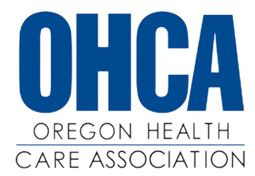

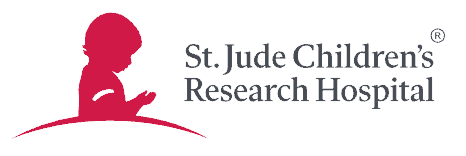


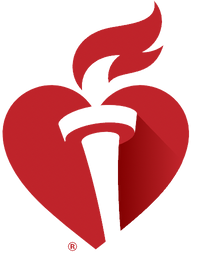

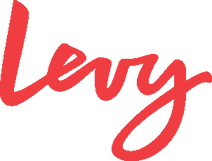


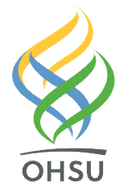

Portland State Public Administration Program


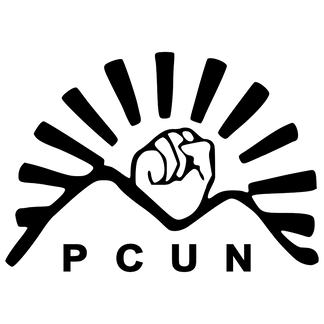
Portland State LSAMP Program


Partners in Diversity
Portland State Dept of Speech and Hearing Sciences

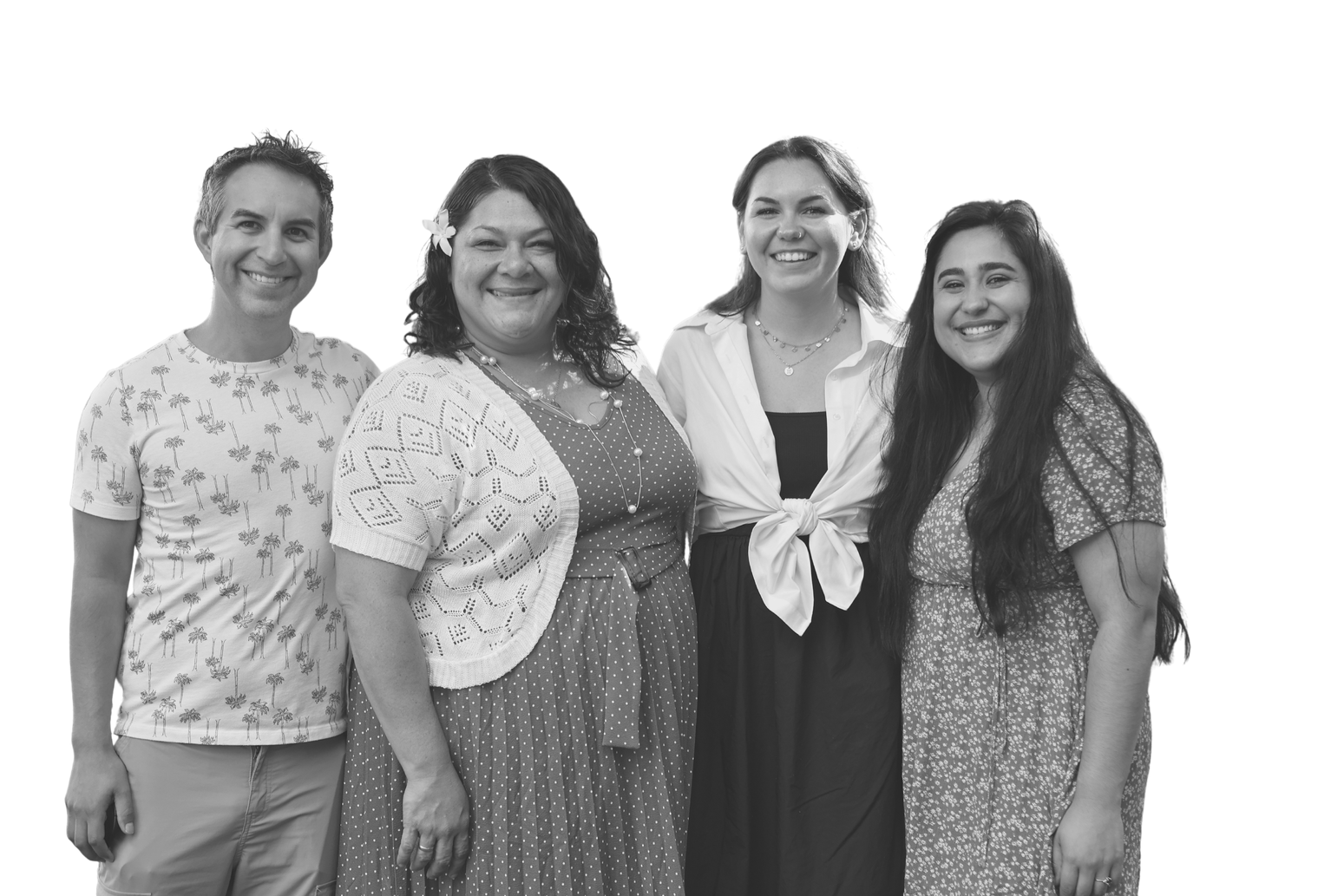
Contact us!
Larry: larry.martinez@pdx.edu
Aaron: aarond@pdx.edu
Meg: snoeyink@pdx.edu
Emily: eready@pdx.edu
Favi: frobles2@pdx.edu
Frances: fhampton@pdx.edu
Liana: bernard5@pdx.edu
Join Our Team
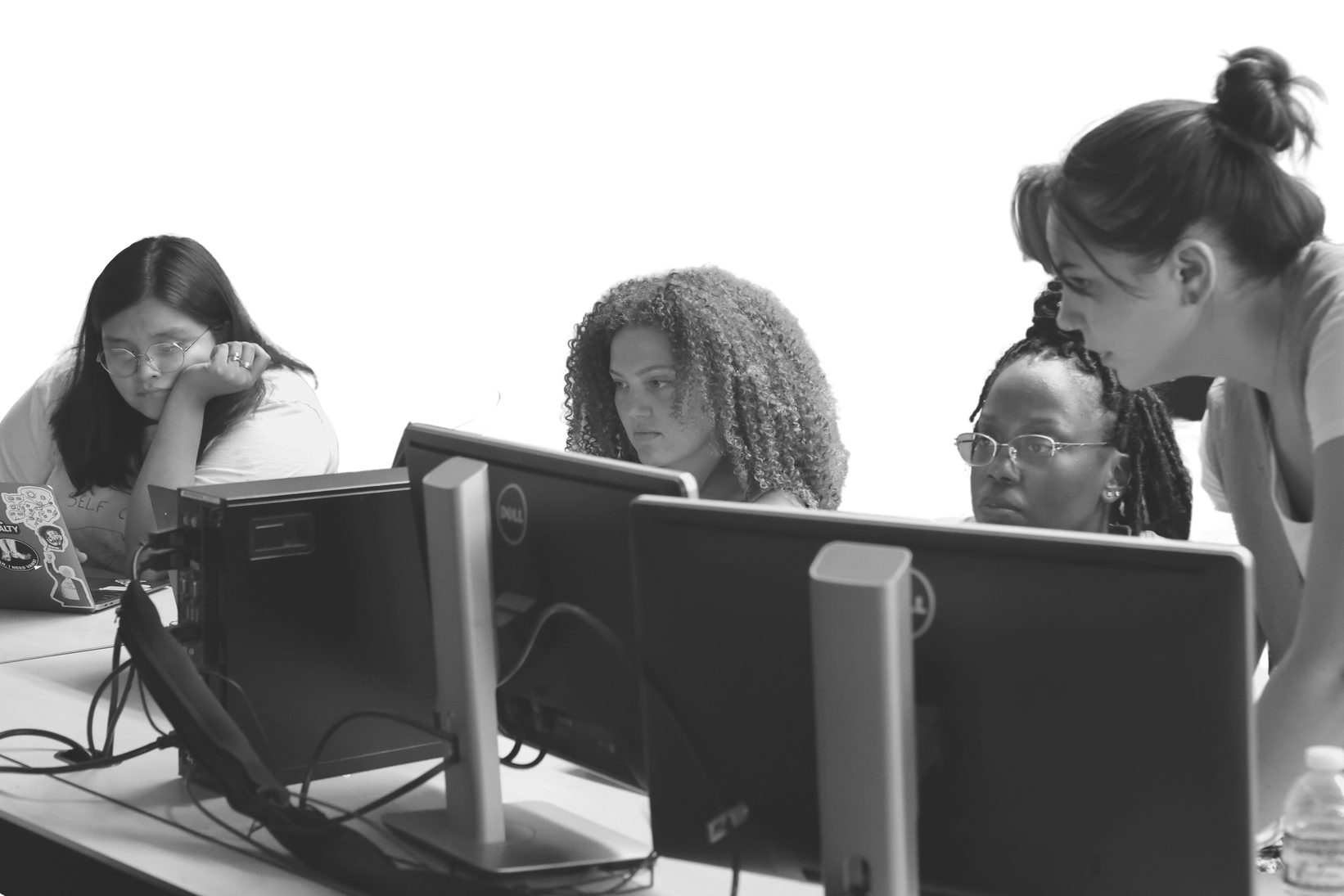
Interested in joining our team and gaining research experience and professional development mentorship? We often take volunteer research assistants to help us complete our work.
You can apply to the lab here and be sure to email Aaron Dodds so we can be sure to track your application in a timely manner.


